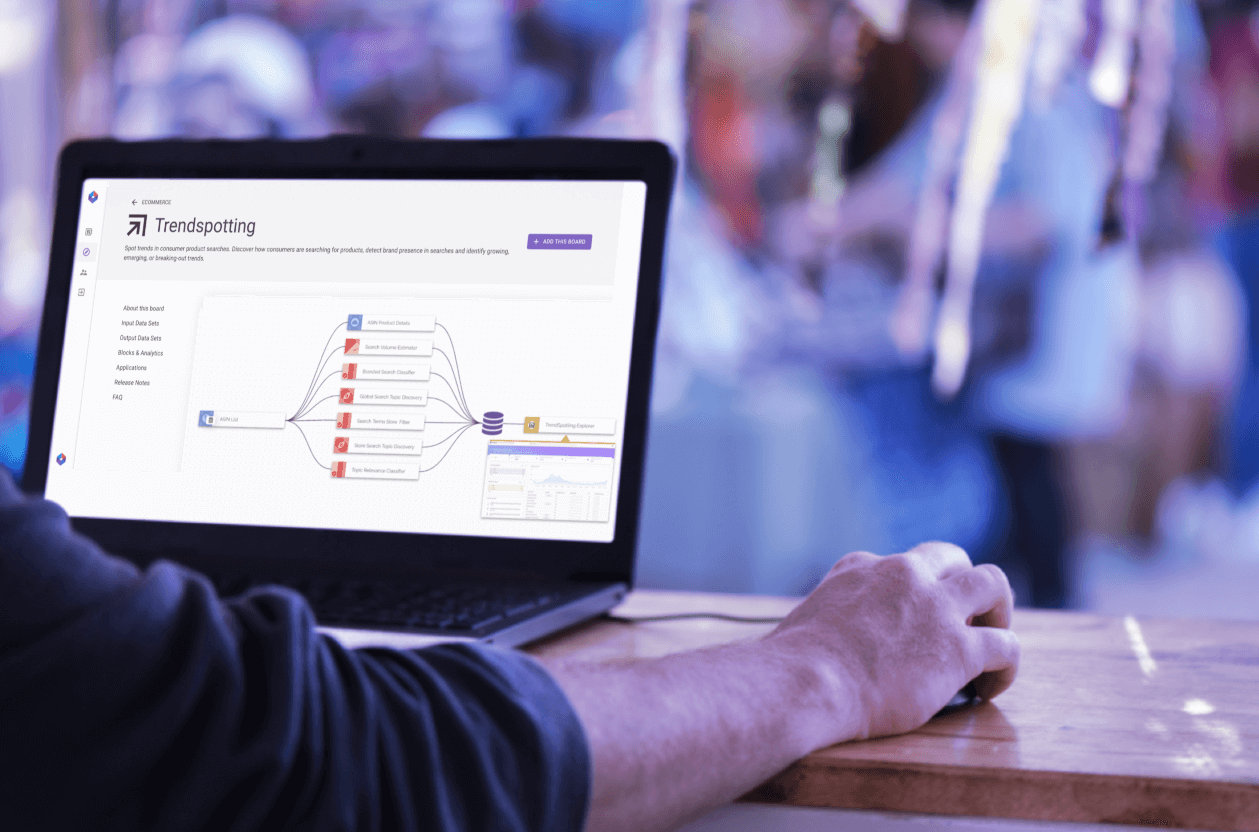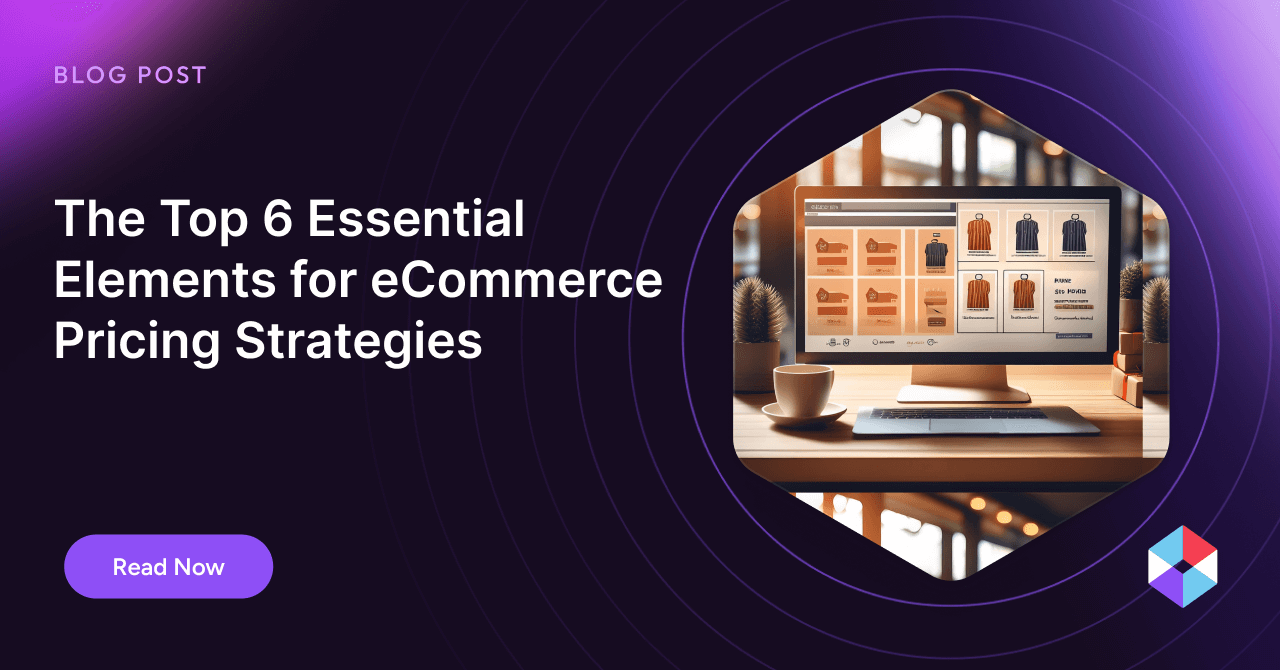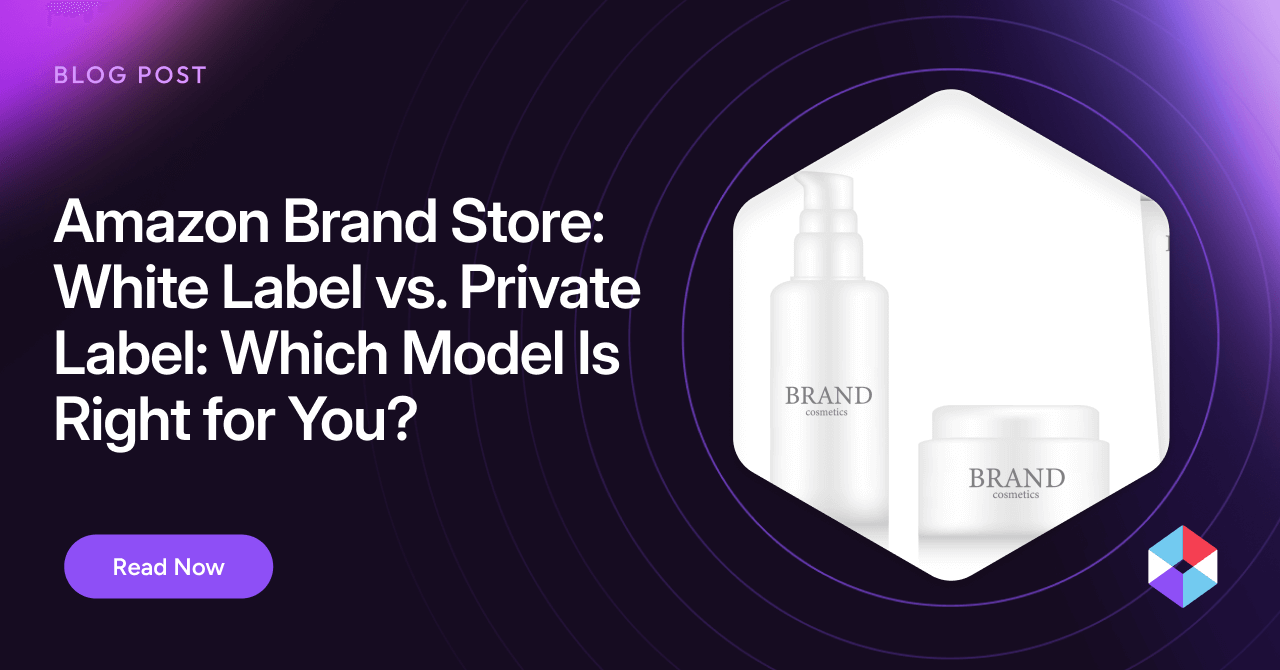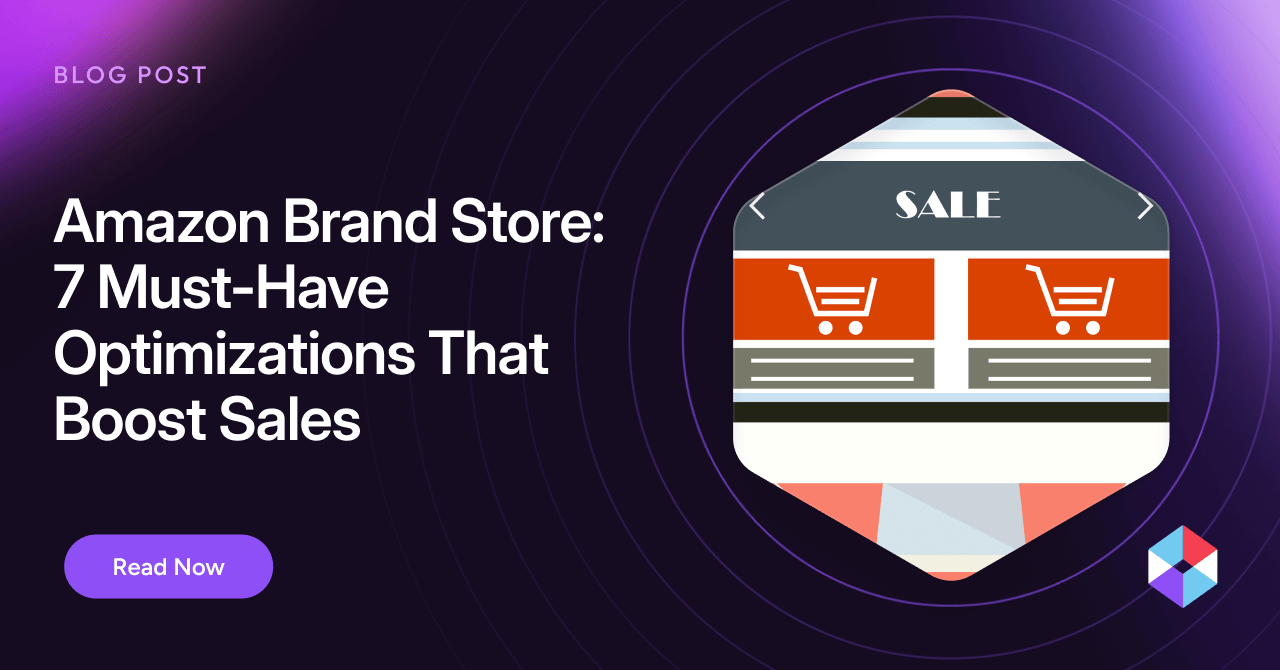In my previous post, I looked at the difficulty in scaling enterprise AI using AutoML platforms to develop proprietary models. We concluded that this approach typically ran into two main challenges – the time taken to implement models and the difficulty maintaining focus on business outcomes. The conclusion pointed towards an alternative approach – using a no code AI platform whose primary users are business executives.
In this follow-up blog, I explain the principles that have guided our development of Noogata’s no code AI platform. Our overarching mission is to help enterprises be data-driven throughout their organization.
We believe the best way to unlock value from AI is to make it more accessible. That means empowering citizen data analysts to compose their own pipelines and AI workflows using a simple no-code approach. To ensure we remain focused on that goal, the following three principles have guided the development of our platform:
Principle 1: Targeted at business users
Business users know the questions they need answered. Whether they are analyzing markets, fine-tuning pricing strategies, or deciding on a new store location, they have the best understanding of the core questions they need answering and the datasets at their disposal. In communicating those requirements to technically minded colleagues, something can always get lost in translation. That is why it is vital for Noogata that business users use the platform directly and answer their own questions. This does not just drive productivity (shorter time to insights), it also helps ensure analytical accuracy.
How that translates into platform capabilities: The Noogata platform is architected to be user friendly and no more complex than a typical business intelligence platform or spreadsheet. We ensure business users can apply AI to easily solve business challenges without any coding. At the same time, we retain the flexibility to ensure they can compose their own workflows and fine-tune models according to their specific requirements.
Principle 2: Focus on business outcomes
Our second guiding principle is that our platform is focused on guiding business decisions, not just data modeling. Noogata offers pre-trained models which are focused on answering specific business questions, as well as blocks providing the required analytics to turn the predictive model into end to end impact and action.
How that translates into platform capabilities: Noogata designs each analytical block to operate within a specific business domain and with a clear purpose. The platform comes pre-loaded with dozens of such blocks (to accommodate a variety of use cases), each one specifically crafted for certain types of data inputs, and generates specific output. These prebuilt blocks make models simpler and more practical to implement and stitch together to create insights and action. All without requiring development, engineering or data-science work.
Principle 3: Easy to integrate with enterprise data stacks
Our third principle is ensuring the platform fits into the data environments commonly found at enterprises. We do not want to lock users into our environment, or confine them to our views and dashboards. We know that analysts are accustomed to working with spreadsheets and other business intelligence and visualization tools. Equally, most organizations have made significant efforts to consolidate data into enterprise data warehouses, and have valuable information stored in enterprise application databases and spreadsheet models. The last thing we want is to create another silo.
How that translates into platform capabilities: The Noogata platform is designed to be open and flexible, incorporating a range of adapters to facilitate data integration (from data warehouses, application databases or spreadsheets). We enable users to easily compose data pipelines, automatically enriching datasets with public information if needed, and run pre-trained AI models to quickly derive valuable insights from that data. The analytic output can then be delivered in a way that best suits each user – whether that means updating a database field, spreadsheet column, or triggering an application process. Finally, that whole process can be scheduled to run automatically, helping to keep analytics updated, track key metrics, and feed them into management decisions.
Scaling AI for rapid ROI
Artificial intelligence offers enormous untapped potential across a range of industry verticals. Yet to realize that potential, it is vital that organizations can scale implementation of the technology. The principles highlighted have helped guide the development of our platform, and ensure we remain focused on empowering business executives to directly apply AI to guide critical business decisions without having to develop and train their own models. We have seen our clients reap immediate business benefits across a wide variety of use cases. And given the modular and open architecture of the platform, the range of use cases addressed continues to grow rapidly.



